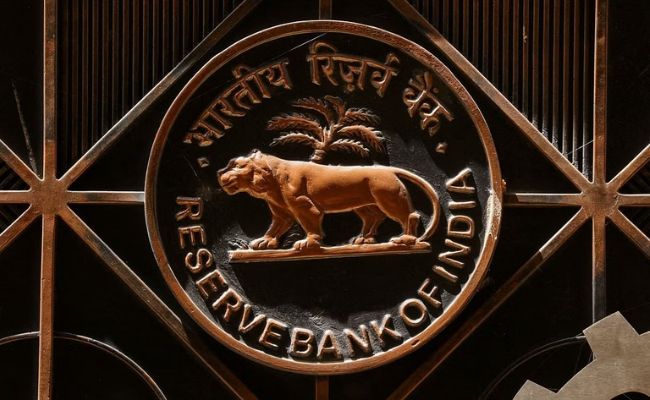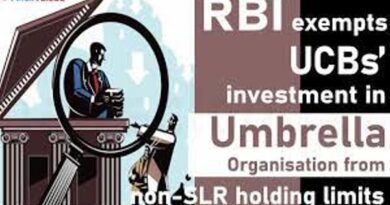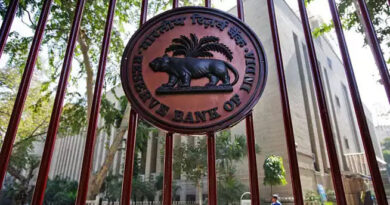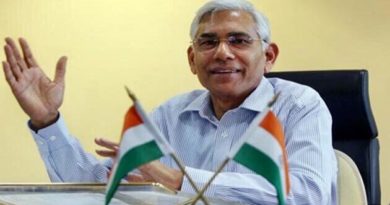RBI tackles unclaimed deposits
The Reserve Bank of India is actively working to resolve the issue of unclaimed deposits to safeguard the interests of depositors. Unclaimed deposits typically include balances in savings or current accounts inactive for over 10 years, as well as term deposits unclaimed 10 years after maturity. These funds are transferred to the Depositor Education and Awareness (DEA) Fund managed by the RBI; however, depositors retain the right to reclaim their money, along with any applicable interest, from the respective banks.
Unclaimed deposits arise from various reasons, including failure to close inactive accounts, unclaimed matured fixed deposits, or accounts of deceased depositors where nominees or heirs fail to claim the funds.
Data from 2018 to 2022 (see Table) indicates a steady increase in unclaimed deposits held by scheduled commercial banks, with savings accounts constituting 73 per cent of the total. Furthermore, the RBI’s DEA Fund balance rose by 26 per cent, from Rs. 62,224.89 crore in 2022-23 to Rs. 78,212.53 crore in 2023-24. To address this growing concern, the RBI has implemented several initiatives to ensure these funds are returned to their rightful owners.
Bank Websites
To aid depositors, nominees and legal heirs of deceased depositors in identifying and claiming unclaimed deposits, the RBI mandates banks to display a list of such deposits on their websites. This list includes essential details, such as the name, address, and Unclaimed Deposit Reference Number (UDRN) for deposits transferred to the DEA Fund, enabling the public to locate the funds and contact the respective banks for the claims process. However, sensitive information like account numbers, balances, and branch details must not be disclosed.
In May 2023, the RBI launched the “100 Days 100 Pays” campaign, aimed at accelerating the resolution of unclaimed deposits. This initiative tasked banks with identifying and settling the top 100 unclaimed deposits in each district within 100 days, from June 1, 2023, to September 8, 2023. The campaign was later extended until April 1, 2024, to ensure more comprehensive efforts in addressing this issue.
To further support the reclamation process, the RBI introduced the UDGAM (Unclaimed Deposits – Gateway to Access InforMation) portal in August 2023. This centralised web platform allows the public to search for unclaimed deposits across multiple banks. By March 2024, 30 banks, covering about 90 per cent of unclaimed deposits in the DEA Fund, had joined the UDGAM initiative, with more expected to follow.
The UDGAM portal enables users to search for unclaimed deposits by providing the accountholder’s name, the bank’s name, and other identifying details. While the portal helps locate deposits, the actual claims must be processed directly with the respective banks.
Norms to Classify Accounts
In January 2024, the RBI issued new guidelines for classifying accounts as inoperative or deposits as unclaimed. Banks are now required to review accounts annually that have had no customer initiated transactions for over a year. For term deposits without a renewal mandate, banks must assess whether the proceeds have been withdrawn or transferred to the accountholder’s savings or current account.
Furthermore, banks must notify accountholders via letters, emails, or SMS if their accounts are inactive. However, the RBI has exempted zero balance accounts from being classified as inoperative, recognizing the difficulty in crediting government benefits to such accounts when marked as inactive.
In accordance with the new norms, funds from reactivated inoperative accounts should undergo concurrent audits, and transactions in these accounts should be closely monitored for at least six months to prevent fraudulent activity.
More Nominations
The Banking Laws (Amendment) Bill, 2024, allows the appointment of up to four nominees for deposits, items in a bank’s custody, or rented lockers. Nominees can be appointed either simultaneously or successively, with simultaneous nominations distributed in the proportions specified by the accountholder.
For successive nominations, priority will be given based on the order of nomination, with the nominee listed first receiving precedence. However, for items left in custody or lockers, nominations can only be made in successive order.
RBI’s Directives to Banks
The RBI has issued further instructions to banks to reduce the number of inoperative or frozen accounts and simplify the reactivation process. Banks are encouraged to facilitate easy Know Your Customer (KYC) updates through mobile banking, internet banking, and videobased verification methods. For accounts linked to beneficiaries of government schemes, banks are urged to adopt a more empathetic approach, recognising that many accounts are frozen due to pending KYC updates.
To minimise customer inconvenience, StateLevel Bankers’ Committees (SLBCs) are tasked with monitoring the situation closely. Additionally, the RBI has mandated that the Customer Service Committees (CSCs) of bank boards monitor progress in reducing inoperative or frozen accounts. From the quarter ending December 31, 2024, banks must submit quarterly updates on their efforts and achievements in this area to their Senior Supervisory Managers (SSMs) through the DAKSH portal.
In response to the RBI’s directive on inoperative and frozen accounts, SBI has requested a regulatory change, proposing that nonfinancial transactions, such as checking balances, should be sufficient to keep accounts active. SBI’s chairman noted that accounts primarily used for receiving government cash transfers often have minimal financial activity. Therefore, since nonfinancial activities signal account engagement, these accounts should not be classified as inoperative.
The RBI’s approach to resolving the issue of unclaimed deposits is commendable, with various initiatives in place to facilitate the identification and settlement of such deposits. While challenges persist, particularly with government linked accounts and the need for systemic adjustments, the ongoing efforts reflect a strong commitment to protecting depositors’ interests. (Source: BusinessLine)




